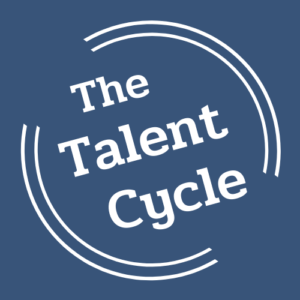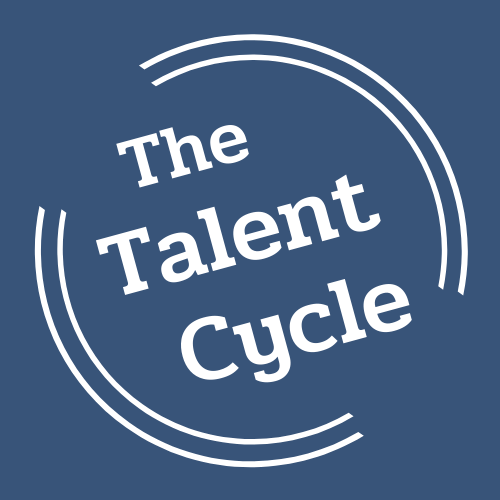
As a Career Development Expert, who has been working in the sector for over 15 years, I often get asked what it is like. My answer? Fab-u-lous!
What are the benefits of working in careers?
- The chance to make a real difference to other people’s lives
- A role where you can actually see the difference you are making
- A professional career – one with advancement opportunities
- Flexibility – to meet your work life balance and family needs
- Getting to work with lots of amazing people – both clients and other stakeholders
- How people choose their roles, the different types of sectors/jobs/careers out there never ceases to amaze me
- You can learn just as much about the world from your clients sometimes as they learn from you
- It is indeed a career where you never stop learning
- It has become much more regulated with various professional bodies
- Don’t believe all you hear about the pay and salary – some roles can be quite or very lucrative
How do I become a Careers Adviser?
If you want to work with young people, one of the most common ways to do that is to become a Careers Adviser. You will need some strong skills in working with others, being supportive and empathetic and an active listener. Good careers advice includes the use of LMI (Labour Market Information i.e information on opportunities, careers, jobs, courses etc – particularly in the local area) and so keeping up to date with that, as part of your CPD (Continuing Professional Development) is a good idea. You will also need a qualification and most employers look for the QCF Level 6 Diploma in Career Guidance and Development. More on this can be found on the CDI (Career Development Institute – the professional body for the sector) website.
How do I become a Career Coach?
If you want to work with adults, in more of a coaching capacity to help them discover their own path to career success, then you can become a Career Coach. Technically, you don’t need any experience or qualifications, as it is unregulated industry. However, I implore you not to jump straight in to ‘help’ people unless you have been fully trained and practised. Qualifications you can complete, which will give you practical experience as well, include the ILM (Institute of Leadership & Management) Coaching and Mentoring qualifications or the Career Coaching and Counselling course by CCS which is accredited by one of the major coaching bodies.
What support is available for me if I want to become a Careers Adviser or Career Coach? Or one of the other roles in the sector?
There are many roles in the sector beyond those I’ve mentioned here and it can feel very overwhelming to get to the bottom of all the options, the skills and qualifications needed and how to even find a job or set yourself up as self-employed. I’ve therefore designed an e-Learning masterclass called ‘A Career in Careers’ which covers all of this and more. It then gives access to a closed FaceBook group where you can share ideas and best practice with others looking to get into the sector. Watch my video to hear all about it and if you want to know more, or book your spot on this amazing Masterclass, click here!
#careersadvice #careersadviser #careercoach #careercoaching #makeadifference #careerchange #newcareer #redundancy #outplacement #careersupport #CSR #corporatesocialresponsbility #worklifebalance #jobflexibility #youngpeople #schools #careerguidance #careercounselling #careerseducation #CEIAG #graduates #graduateschemes #apprenticeshipschemes #jobsearch #transferableskills #apprenticeships




Leave A Comment